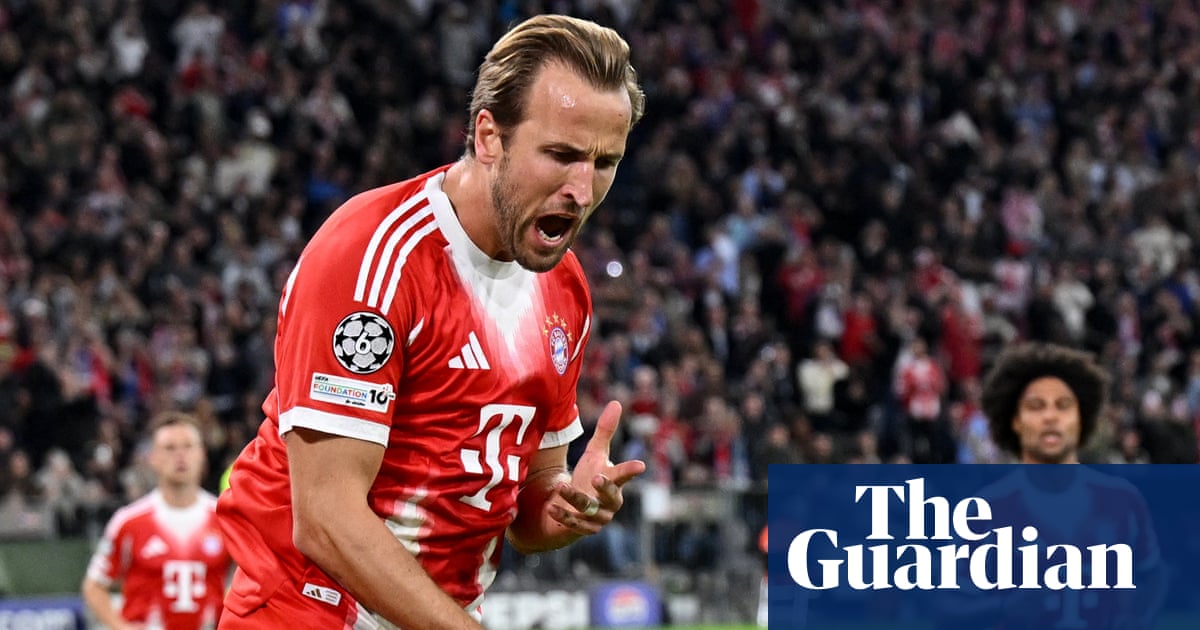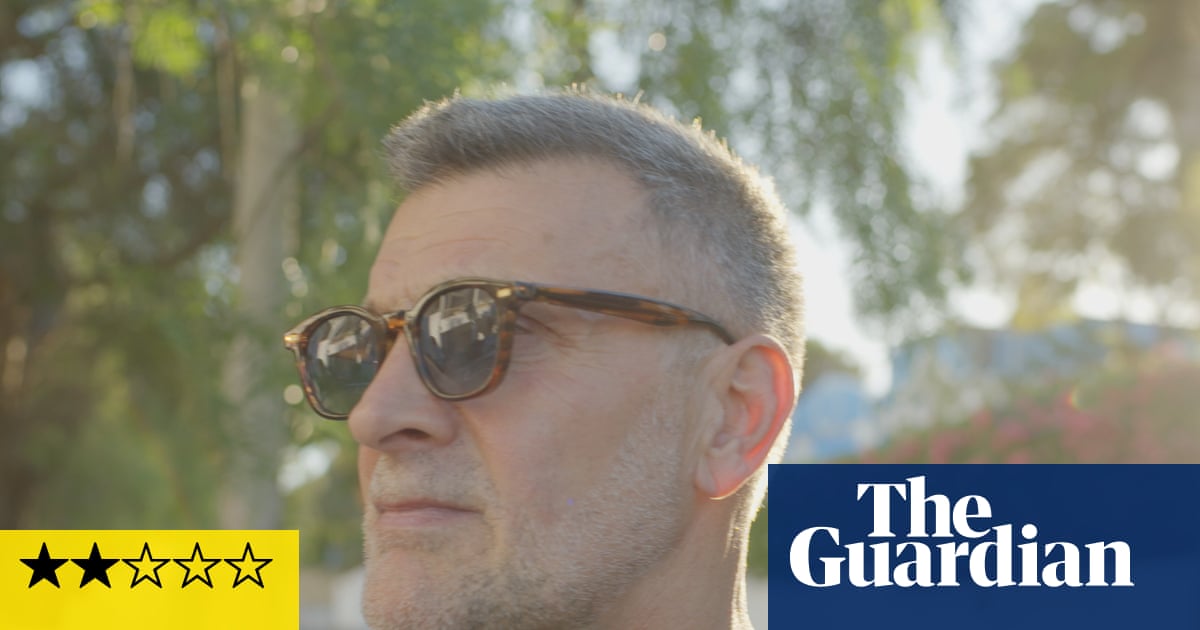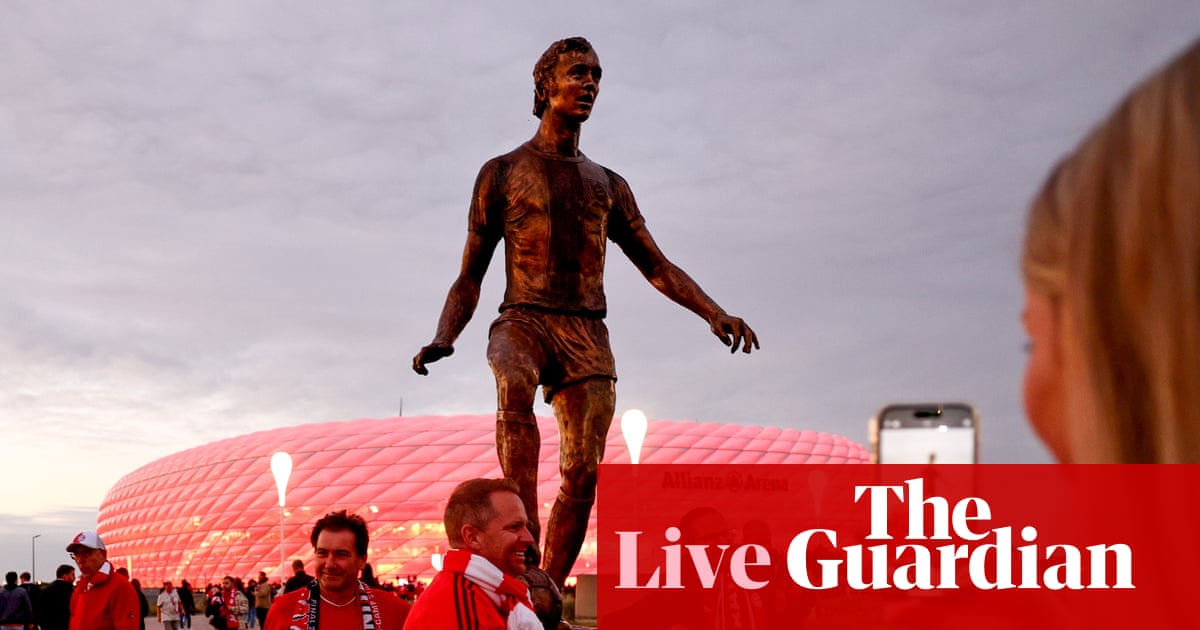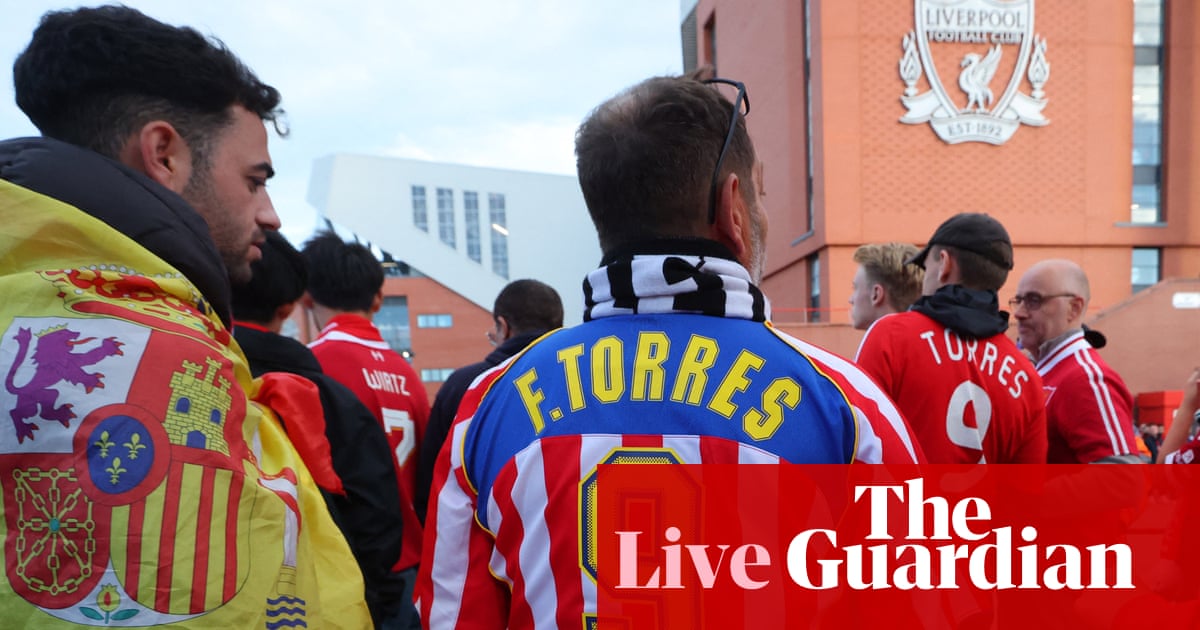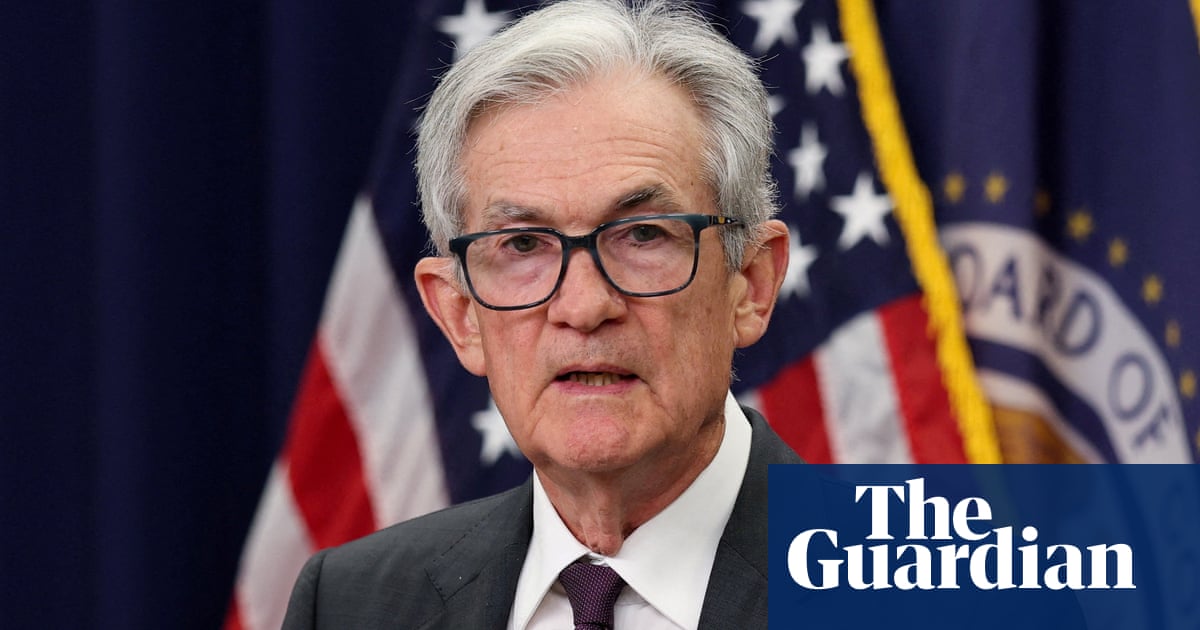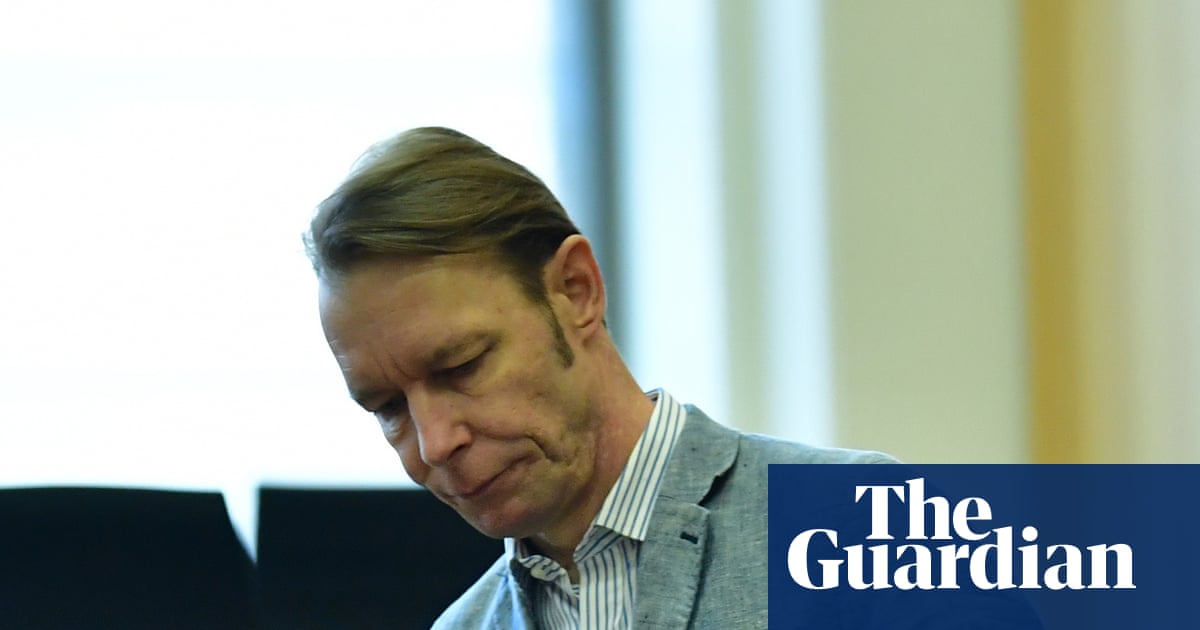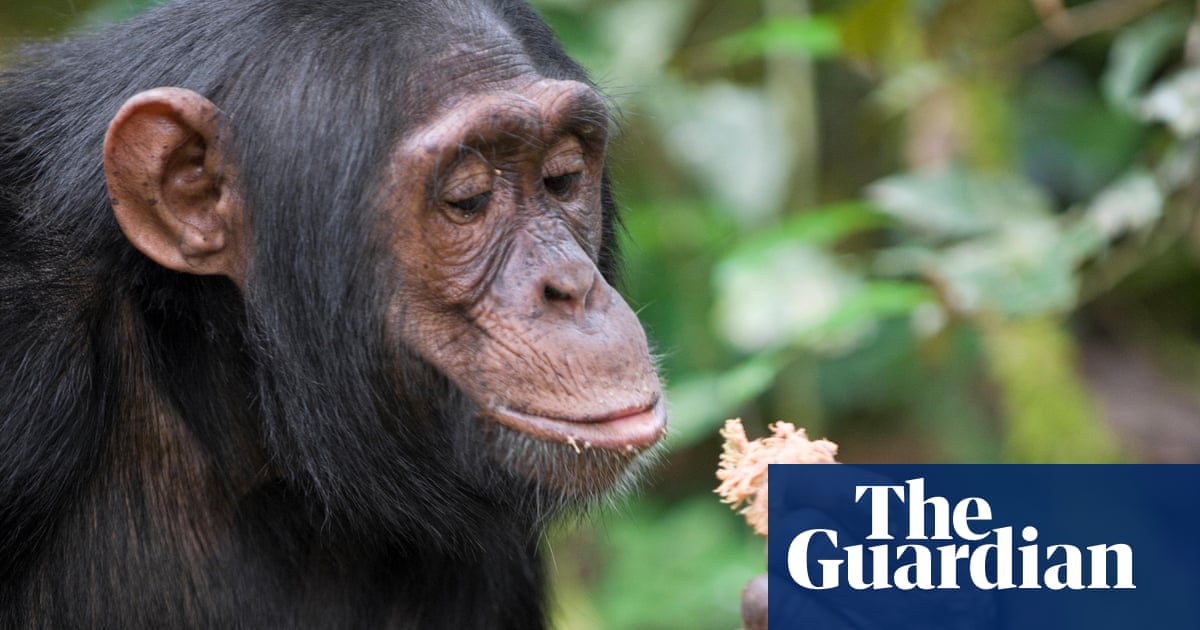Nearly nine centuries after the Normans clanked ashore with swords and armour, Ireland is still wrestling with the question: what did they ever do for us?
A decision by the government this week to join a European cultural initiative called 2027 European year of the Normans has reopened a debate that goes to the core of Irish identity.
On the one hand, say historians, they built castles and cathedrals and enriched culture and literature; on the other, they dispossessed the native Gaels and paved the way to invasion and occupation.
Sinn Féin, the main opposition party, said the commemoration was offensive because it would honour William the Conqueror, England’s first Norman king, and the subjugation inflicted by his successors.
“What will they think of next: a festival of Cromwell? A Famine Queen jubilee?” said the party’s culture spokesperson, Aengus Ó Snodaigh, referencing Oliver Cromwell’s bloody 17th-century conquests and Queen Victoria’s reign during the 1840s famine.
“We Irish know well enough the legacy of William’s successors invading and subjugating Ireland in the name of his English crown, with Strongbow ushering in the 900 years of occupation, with the north still under the descendants of William the Conqueror’s crown.”
Strongbow was the nickname of Richard de Clare, the second Earl of Pembroke, who landed with an Anglo-Norman military force in 1170 and unleashed historical forces that in the 20th century partitioned the island and left Northern Ireland in the UK.
However, the Normans also intermarried with Gaels, bequeathed family names such as Burke, Griffith, FitzGerald, Lynch and Walsh, and became, in a celebrated phrase, “more Irish than the Irish themselves”.
The heritage minister, James Browne, who on Tuesday obtained cabinet approval for participation in the trans-European initiative, said Sinn Féin was missing the point. Ireland’s lands, laws, monuments and built environment bore Norman heritage, and participation in the initiative would recognise that history while boosting tourism, he said.
“The year of the Normans is being led by our neighbours in Normandy, France, and it is an important and essential collaboration and commemoration – any distortion of this work is really disappointing and careless,” said Browne – a Norman name. “So let’s ask: is Sinn Féin’s position that they will boycott all events related to the year of the Normans?”
In addition to Ireland, the Normandy regional council has invited Britain, southern Italy, Norway and other countries and regions with Norman heritage to take part in the commemoration, which coincides with the millennium anniversary of William the Conqueror’s birth.
Ó Snodaigh said: “Marking the birth of a future English king is not for us, even if it was 1,000 years ago. Rather, we should always be remembering those great figures of Ireland’s past who actually lived here and contributed positively to our island story.”
The row has prompted comparisons to the scene in Monty Python’s Life of Brian when Judeans debate the benefits of Roman occupation.
Jane Ohlmeyer, a Trinity College Dublin historian who specialises in early modern Irish and British history, said the Norman invasion profoundly shaped the history of Ireland, especially in the south-east.
“Like it or not, the past is no longer in the past, it is in the present. It is critical that we use opportunities like this one to better understand the nature of the conquest and to reflect on its legacies,” she said.

 3 months ago
112
3 months ago
112








